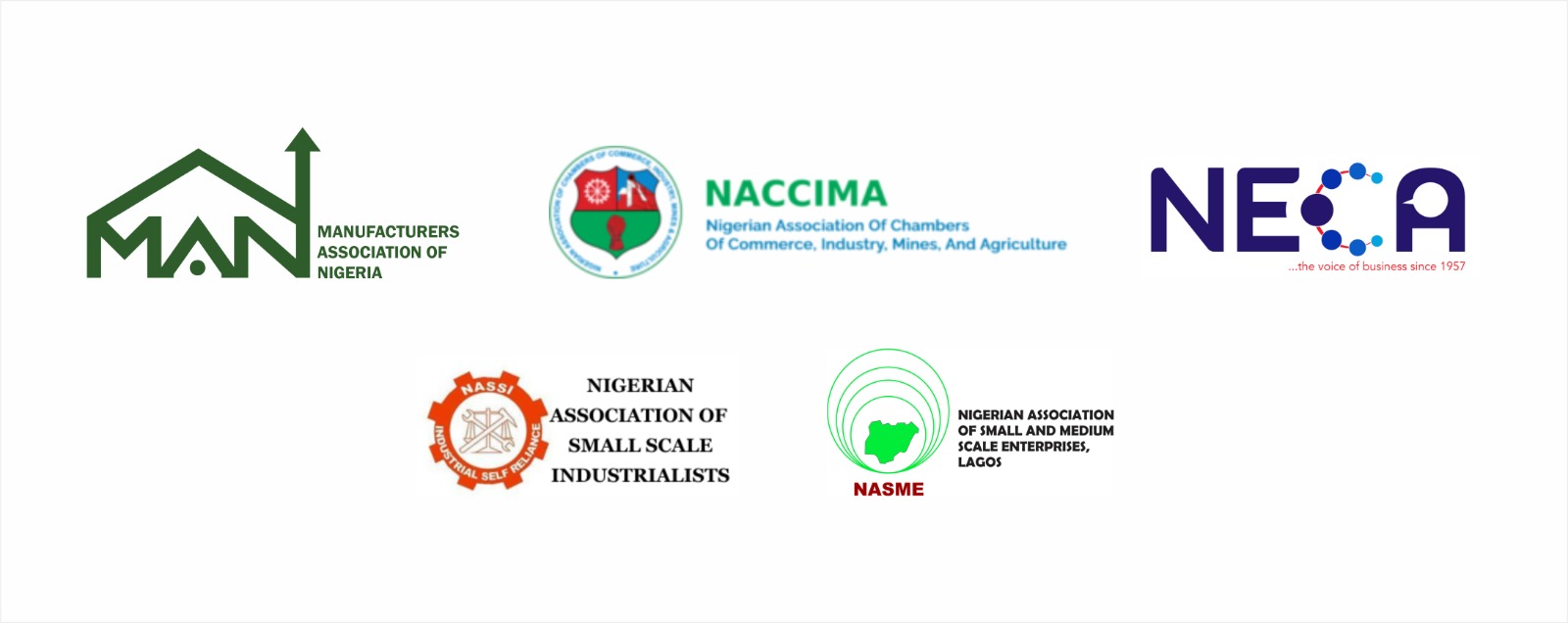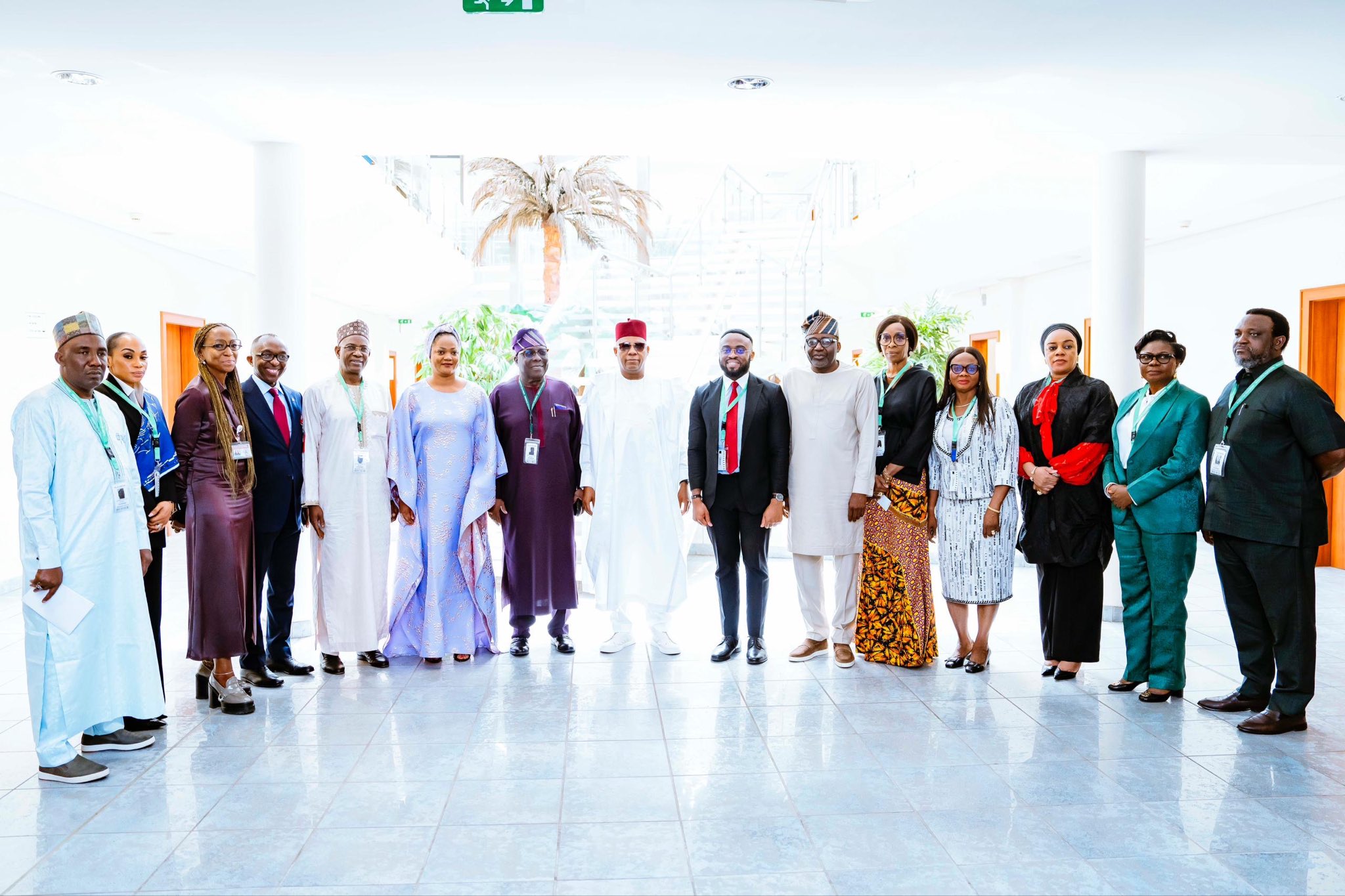New Excise Bill Could Undermine President Tinubu’s Fiscal Reform Agenda, OPS Warns

The Organized Private Sector of Nigeria, OPS, has urged the National Assembly to withdraw the proposed amendment to the Customs, Excise and Tariff Bill stating that the current draft of the bill is misaligned with the Federal Government’s fiscal reform direction and contains several legal and administrative gaps.
This was contained in the position paper presented by the OPS comprising the Nigerian Association of Chambers of Commerce, Industry, Mines and Agriculture (NACCIMA), the Manufacturers Association of Nigeria (MAN), the Nigeria Employers’ Consultative Association (NECA), National Association of Small and Medium Enterprises (NASME) and the National Association of Small Scale Industrialists (NASSI) on Thursday, November 27, 2025, during the public hearing on the proposed amendment bill, which recently passed its second reading in the National Assembly.
The OPS explained that the Non-Alcoholic Drinks sector is committed to supporting government revenue and public health objectives.
However, policies must be holistic, harmonised, and context-appropriate, ensuring that they improve health outcomes without undermining jobs, investment, affordability, or industrial stability.
The OPS maintained that Nigeria’s excise framework is increasingly fragmented, as new levies are introduced without coordinated assessment of their combined effects on production, investment, backward integration, employment, exports, and inflation, which may result in unintended consequences negating President Tinubu’s administration’s key economic reforms without delivering measurable public health gains.
It argued that a steep excise increase or introduction of a levy would impose substantial economic costs on businesses and consumers without delivering measurable public health gains.
The group stated that the proposed excise amendment introduces mathematical, legal, and administrative contradictions, worsens Nigeria’s already fragmented fiscal environment, and directly conflicts with national industrialisation priorities, including the Nigeria Sugar Master Plan.
OPS also warned that the amendment could weaken the beverage value chain, one of the country’s most significant contributors to non-oil revenue and a major employer.
Industry experts added that the levy would push up operating costs, reduce capacity utilisation, and raise consumer prices at a time when households and small businesses are already under pressure, with many slipping deeper into poverty.
This, in turn, could reduce VAT and CIT collections and place additional strain on medium-term FAAC revenues.
“Nigeria’s non-alcoholic drinks sector is a critical economic stabiliser, supporting 1.5 million jobs, driving backward integration under the NSMP II, and contributing 40 – 45% of gross revenues as taxes and yet already operating under severe macroeconomic strain and thin margins”, said OPS.
According to the group, given that the beverage industry falls among the non-oil revenue contributors, passing the bill into law could undermine the administration’s ease of doing business objectives at such a sensitive economic period.
The group faulted the National Assembly for advancing the bills without coordination with the Ministry of Finance, the Presidential Fiscal Policy & Tax Reform Committee, FAAC, and other responsible institutions. It noted that the bill contradicts the President’s emphasis on stability, predictability, simplicity, and non-disruptive tax reform.
It further stressed that global and domestic evidence confirm that steep or ambiguous SSB taxes in low-income economies lead to job losses, contraction of MSMEs, reduced government revenue, and no measurable health benefits, while widening inequality and accelerating the growth of the informal market.
“The amendment bill contains internal contradictions (“20% levy per litre of retail price”) that are impossible to implement consistently. Over-taxation may shrink the formal sector, reduce VAT and CIT collections and shift consumers to informal markets. The bill may cut medium-term FAAC distributions and weaken state-level revenue stability,” OPS added.
The group added that it remains open to continued engagement with lawmakers, fiscal agencies, and civil society groups to ensure that any revision to the excise regime supports investment, jobs, and long-term revenue stability.













